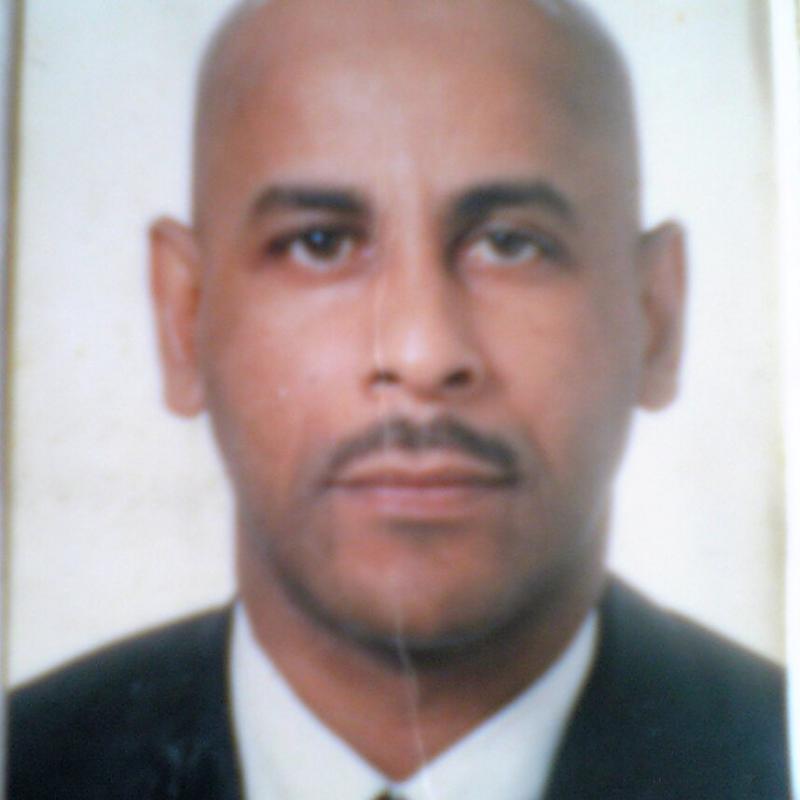The experience as an Agricultural Professional, has generated results from executing tasks as an Agricultural Consultant over time, managing to intervene in the official, social, private and international sectors, INSTITUTIONAL MANAGEMENT activities, Colombia's commitment to Rural and Urban Development , ADMINISTRATION, MONITORING and EVALUATION of PRODUCTIVE PROJECTS IN COMMUNITY PRODUCTIVE DEVELOPMENT, basically in AGRICULTURAL, LIVESTOCK, FORESTRY, AGROFORESTRY, SILVOAGRICULTURAL and ENVIRONMENTAL components, GENDER PERSPECTIVE, Analysis, Preparation and Execution of MEMORANDUMS OF AGREEMENT. Application of the Components in ALTERNATIVE DEVELOPMENT PROJECTS, such as PRODUCTION AND ENVIRONMENT, COMMERCIALIZATION AND AGROINDUSTRY, SOCIAL COMMUNITY DEVELOPMENT ORGANIZATION, GENDER PERSPECTIVE, PHYSICAL SOCIAL PRODUCTIVE AND MARKETING INFRASTRUCTURE, SUPPORT FOR PRODUCTIVE ASSOCIATIONS AND COOPERATIVES, INSTITUTIONAL STRENGTHENING, STRATEGY OF COMMUNICATION, TRAINING-(TISTLP), Workshops for the Identification of Local Production Systems and Technologies and parallel to this, their respective monitoring and systematization of GEORREFERENCE activities, their application to GeoApi C7, the points and polygons of the Agricultural and Livestock Productive Projects, established in the radius of action of the project with its respective Monitoring and Evaluation, referring to qualitative and quantitative results of the Operations Plan under development. According to this, an average time of Twenty years (20) years of experience in its entirety with different activities in Rural Development, Formulating, Elaborating, Executing, Evaluating and Monitoring projects in their different components and productive lines in favor of the target population and within the Departments of BOYACA, VALLE DEL CAUCA, ARAUCA, CAUCA, COSTA PACIFICA, NARIÑO, BOLIVAR, MAGDALENA, SIERRA NEVADA DE SANTA MARTA, CESAR, CORDOVA, PUTUMAYO, SAN JOSE DEL GUAVIARE, and CAQUETA. In this sense, bearing in mind eight years (8) in monitoring and evaluation of Productive Development and Food and Social Security projects, in the departments of Boyaca, Valle del Cauca, Arauca, Costa Pacifica and Cauca. Now we cite, fourteen (14) years working on projects in the agricultural sector, Agro-Productive business consulting, specifically in analysis and application of theoretical, practical and technical interventions in planting, crops, post-harvest management, agribusiness and marketing, as well as knowledge and application in different production lines, with their respective marketing protocols in the departments of Nariño, Bolivar, Magdalena, Sierra Nevada de Santa Marta, Cesar Cordoba, Putumayo, San Jose del Guaviare and Caqueta. It is worth clarifying that within the present time there are (6) years of experience in Project Management, Monitoring and Evaluation of Productive Projects, with a projection to Sustainable Development in Alternative Development, its respective components of Production, Marketing, Infrastructure for Production and Collection, based on the different gradual phases of substitution of illicit crops, obviously with their respective National and International Policies for the Substitution of Illicit Crops, in the departments of: Nariño, Bolivar, Putumayo, and San Jose del Guaviare. Finally, the actions of Policies and Strategies, such as the Strengthening of the Administration and Justice, Interdiction Control, Eradication of Illicit Crops, Gradual Substitution, Compensated Substitution, in terms of field work.
My contributions
What type of evaluator are you?
DiscussionHow to define and identify lessons learned?
Discussion

PEDRONEL LOBATON BEDON
CONSULTANT AGRICULTURE CONSULTANT INDEPENDIENTExcellent question in this regard in the complex field of Evaluator, in this sense I can personally come to feel as the complement of a necessary tool that comes to assimilate and analyze a complex task of Diagnosis, a task of Characterization, Socialization, Training and Analysis of the Systematization of Information that forces to perform the role of Mediator in the different pillars offered by the Evaluation Methods, Evaluation Processes and finally the Monitoring and evaluation as such. Now this task, feeds and strengthens the epicenter of a discussion forum that achieves with the different concepts and knowledge to consolidate a common goal in the professional discussion.